Breaking news
Southern Nevada’s First Crisis Stabilization Center Opens in Las Vegas
Southern Nevada opens its first 24/7 Crisis Stabilization Center near Lake Mead and Nellis to provide urgent mental health care and support services.
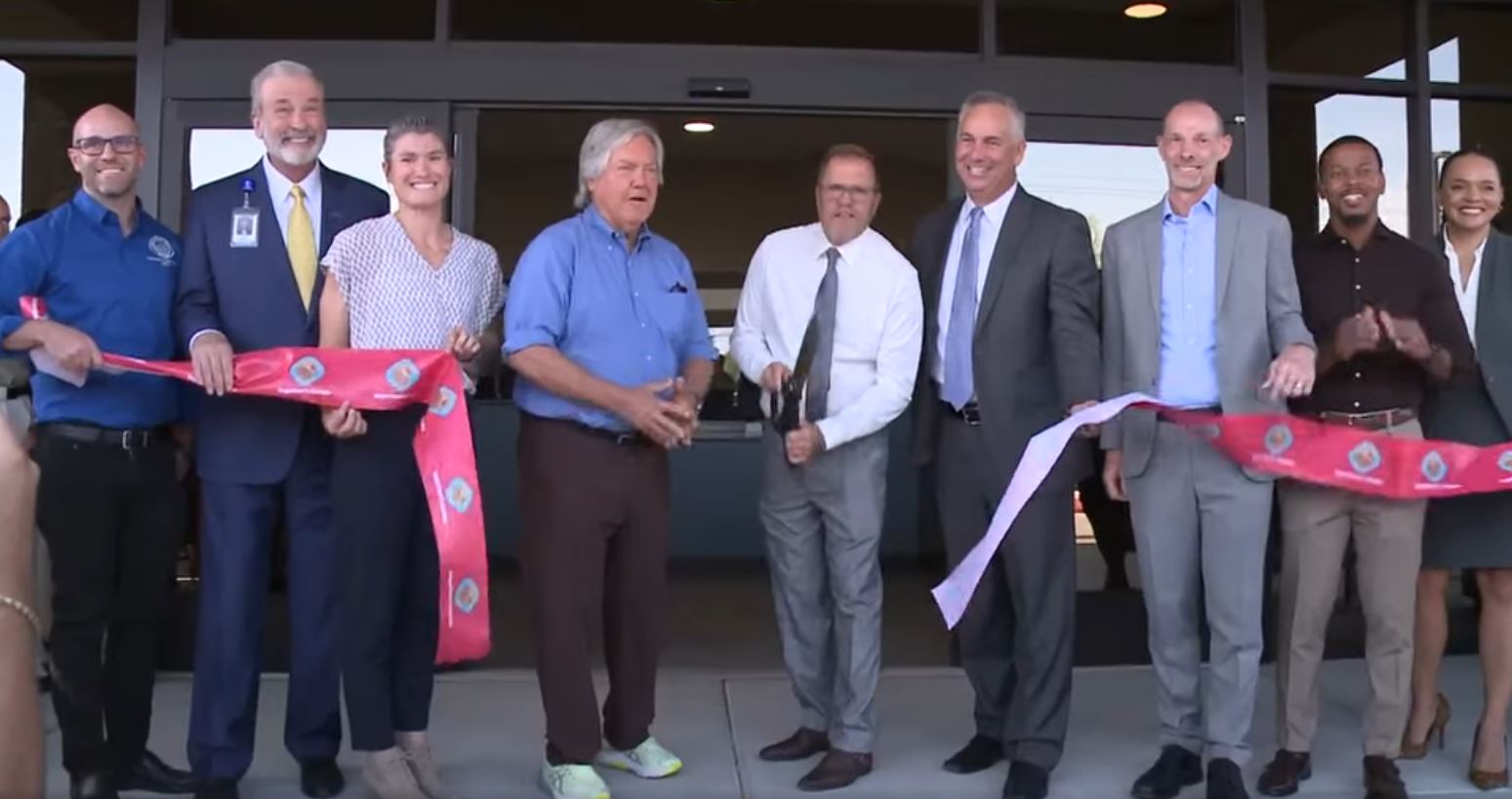
LAS VEGAS — A significant milestone in the improvement of behavioral health services in Southern Nevada has been reached with the opening of the region’s first Crisis Stabilization Center (CSC), now operational on the east side of the Las Vegas Valley. Located near the intersection of Lake Mead and Nellis boulevards, this pioneering facility is a collaborative initiative between Clark County and University Medical Center of Southern Nevada (UMC), aimed at providing immediate, specialized care for individuals experiencing mental health crises.
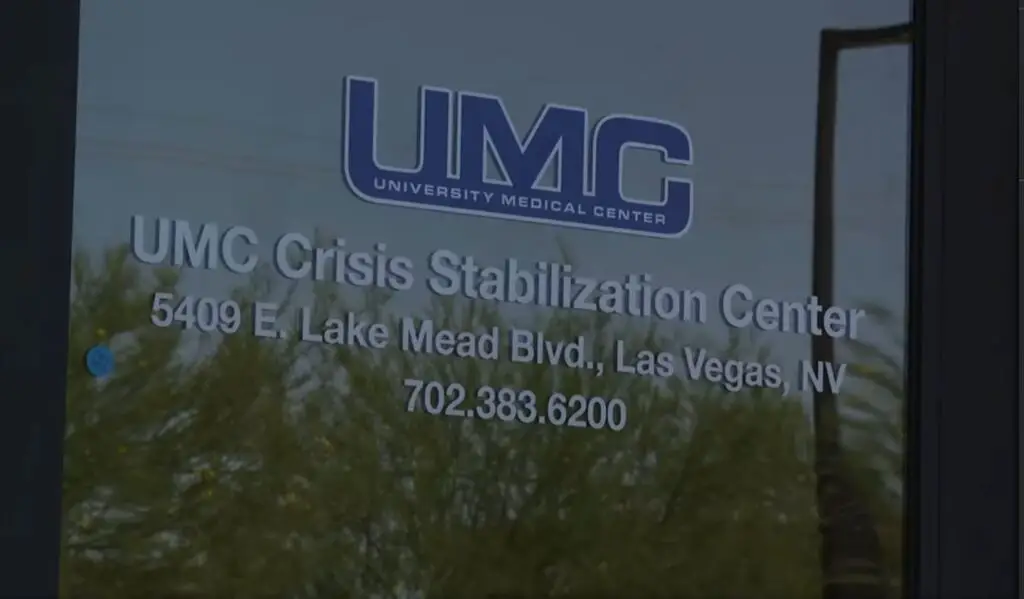
The establishment of the CSC marks a vital step in addressing longstanding gaps in the region’s behavioral health infrastructure. Open 24 hours a day, seven days a week, the facility is designed to serve as an alternative to emergency rooms or incarceration for individuals suffering acute mental health episodes. It accepts both voluntary walk-ins and drop-offs by law enforcement and emergency medical personnel, making it a flexible and accessible resource for the community.
The center provides rapid, focused intervention by behavioral health professionals trained to de-escalate crises and initiate care plans aimed at stabilization. Upon arrival, individuals receive a comprehensive evaluation followed by short-term clinical treatment to resolve the immediate crisis and transition the patient to appropriate long-term care or community resources within 23 hours.
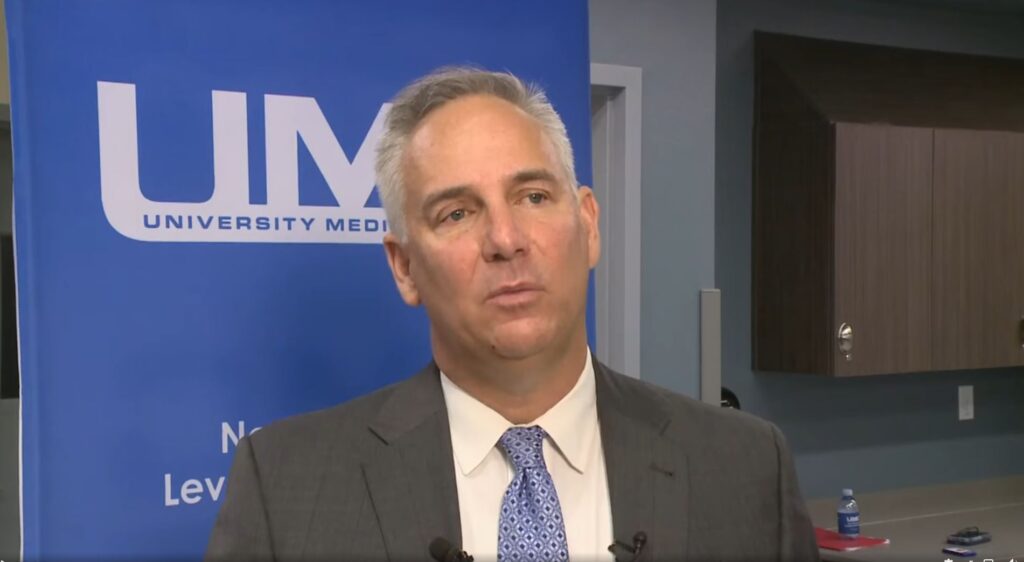
We’re filling some of those gaps that we are seeing in Southern Nevada.
Mason Van Houweling, CEO of UMC, emphasized the center’s role in closing critical service gaps. “UMC is very proud of these services that they provide for this community,” Van Houweling stated. “We’re filling some of those gaps that we are seeing in Southern Nevada. This is important, and we’re excited to be able to provide this service and give patients the exact care that they need, very quickly and rapidly, timely for their mental health.”
This new facility is expected to relieve pressure on local hospitals and law enforcement agencies, both of which have historically borne the burden of responding to behavioral health emergencies without the benefit of specialized infrastructure. Rather than defaulting to jail cells or emergency rooms, first responders now have a dedicated location to bring individuals in crisis—a change that is expected to lead to better outcomes for patients and more efficient use of community resources.
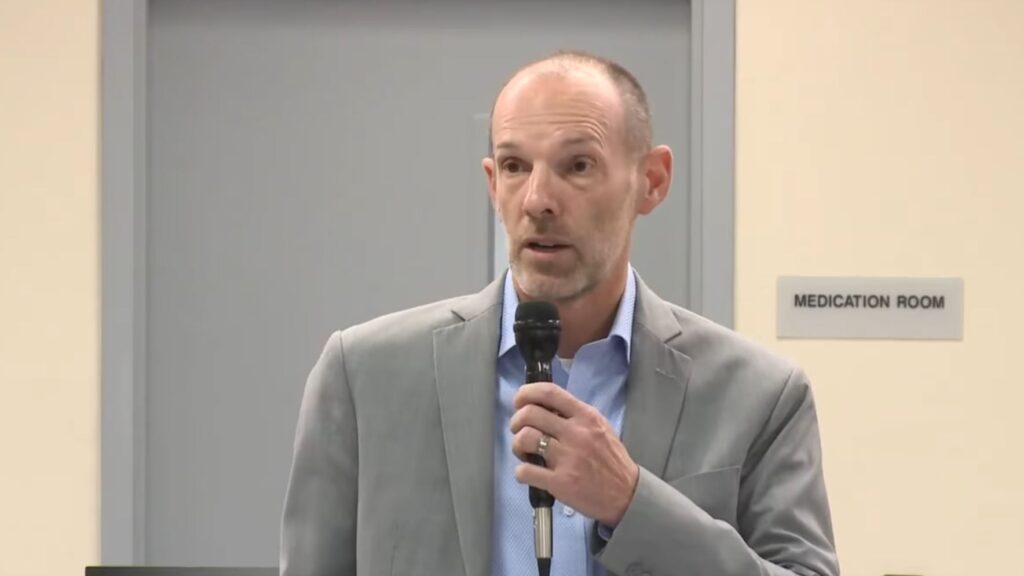
In Clark County, we took the lead on standing up the first Crisis Stabilization Center
Clark County Commissioner Justin Jones, who represents District F, highlighted the collaborative effort that brought the center to life. “In Clark County, we took the lead on standing up the first Crisis Stabilization Center,” he said. “Getting to this point took a lot of dedication, collaboration, and teamwork.”
The decision to locate the CSC on the east side of the valley was strategic, aimed at improving access for underserved communities and increasing geographic equity in mental health services. The area near Lake Mead and Nellis has historically lacked nearby behavioral health infrastructure, making this location a meaningful and intentional choice.
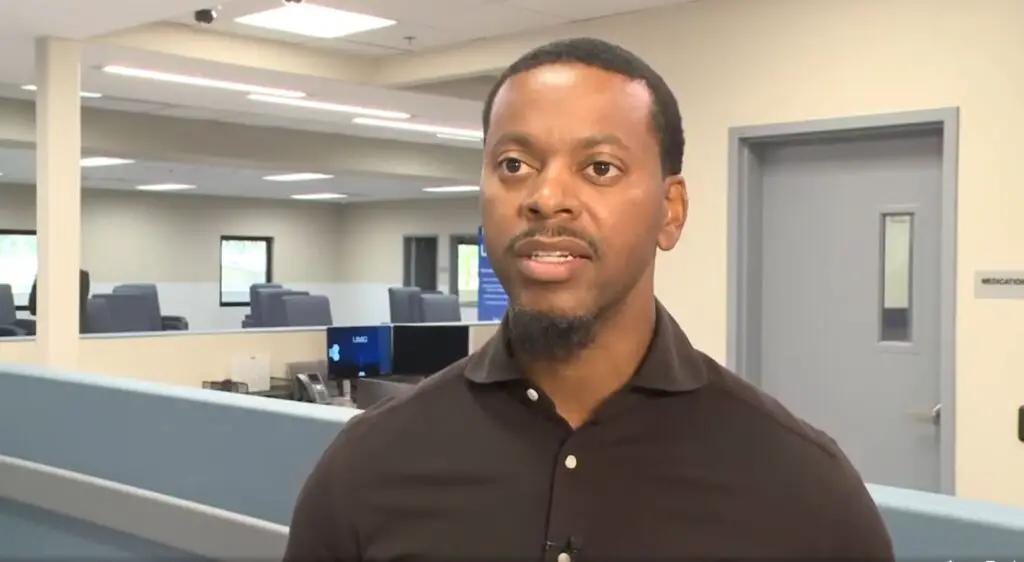
I’m glad that we decided on this location. It’s going to be available to all our residents across Clark County
Commission Vice-Chairman William McCurdy II echoed this sentiment. “I’m glad that we decided on this location. It’s going to be available to all our residents across Clark County,” he said. “It’s going to help our police, EMTs, and special organizations to know that they have a place to take their patients when they’re in most need.”
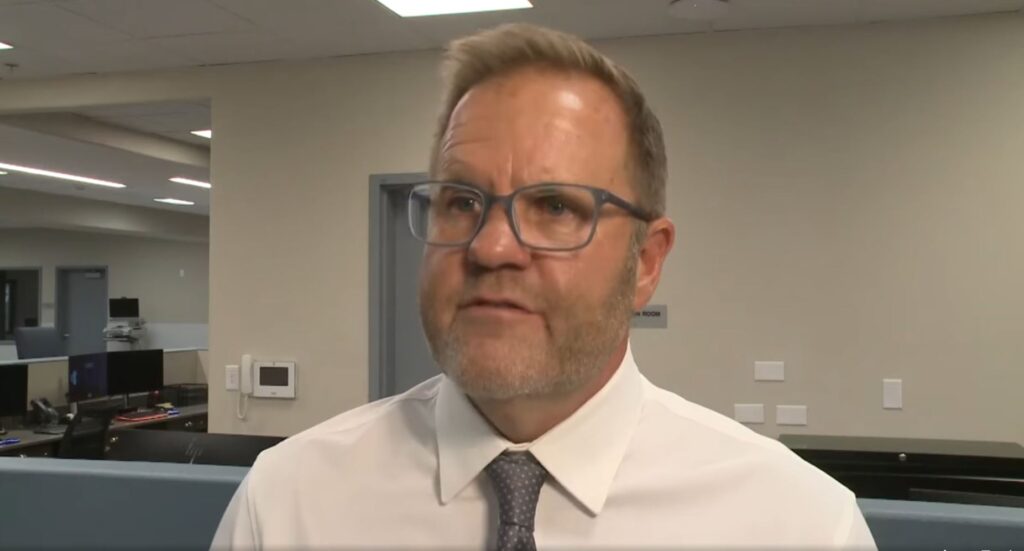
It’s an entry point, and a critical one because it’s the first point where we stabilize how we get people cleaned
Kevin Schiller, Clark County Manager, added perspective on the facility’s strategic role within the broader mental health system. “It’s an entry point, and a critical one because it’s the first point where we stabilize how we get people cleaned,” he said, reinforcing the CSC’s function as a front-line solution for addressing behavioral health emergencies in real time.
The CSC also aligns with broader national efforts to reimagine crisis response models. In many communities across the U.S., mental health emergencies are increasingly being treated with specialized care rather than criminal justice responses. By prioritizing stabilization and recovery over punishment, centers like this represent a shift toward more humane and effective solutions.
Plans for the CSC include outreach initiatives, partnerships with local nonprofits, and expansion of services based on community needs. It is expected that the center will become a hub in a growing network of behavioral health resources designed to improve access, reduce repeat crises, and support long-term recovery.
With its doors now open, the Crisis Stabilization Center is poised to become a cornerstone of Southern Nevada’s public health infrastructure. It offers hope to those experiencing mental health crises and reinforces the community’s commitment to compassionate, person-centered care.
Stay informed with the latest developments in public health, safety, and community initiatives across Southern Nevada—only at Las Vegas Newspaper.
Don’t miss a headline that matters. Subscribe today for local news that impacts your community.
Prince Adeyemi is the Editor-in-Chief and an investigative journalist known for his sharp coverage of technology, entertainment, and current events. With a commitment to accuracy and depth, he delivers insightful reporting on business, sports, government, and celebrity news.
Based in Las Vegas, Prince leads coverage that extends across Henderson and beyond, providing readers with trusted, timely, and engaging stories. His dedication to high-quality journalism ensures that audiences stay informed on the issues and events shaping their communities and the wider world.




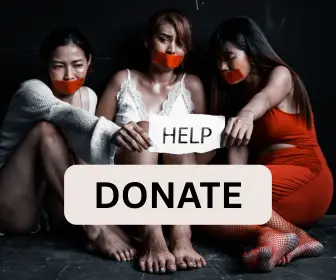



























Leave a Reply